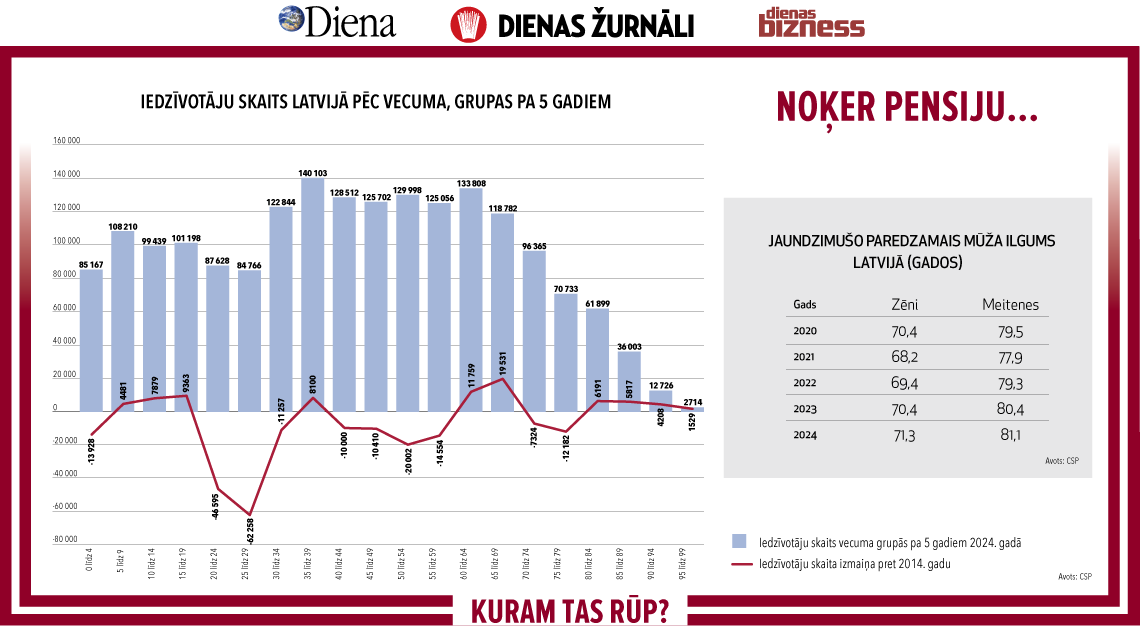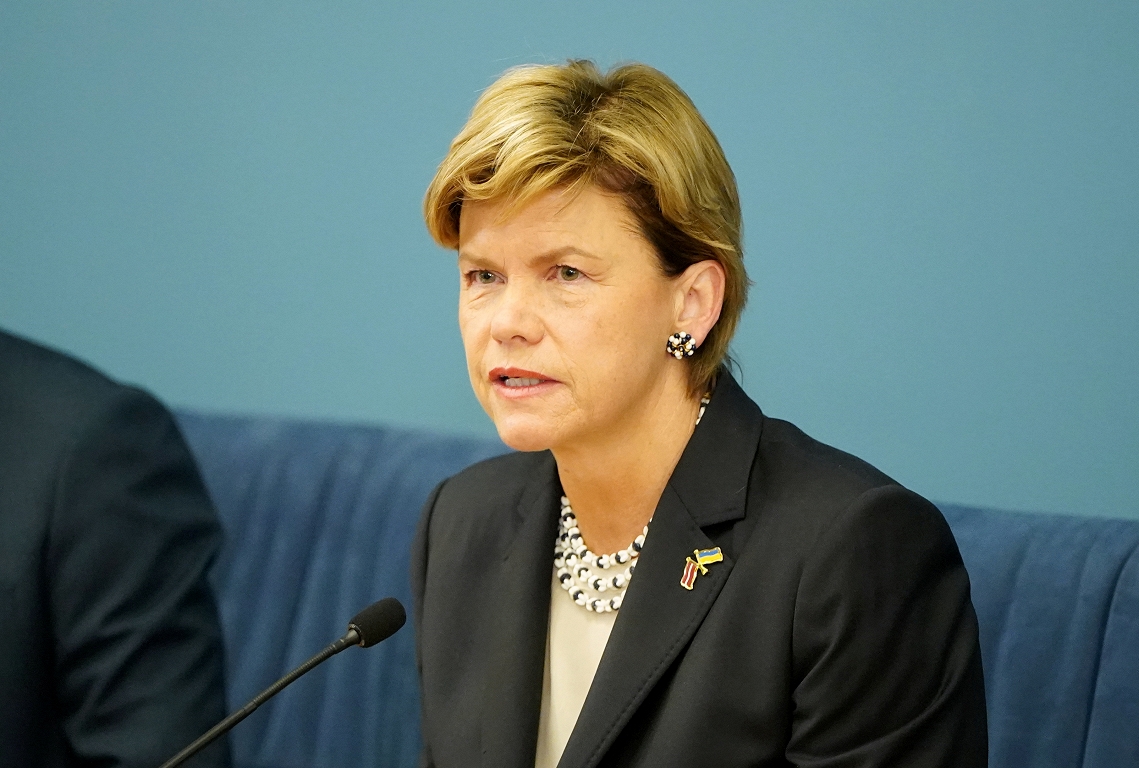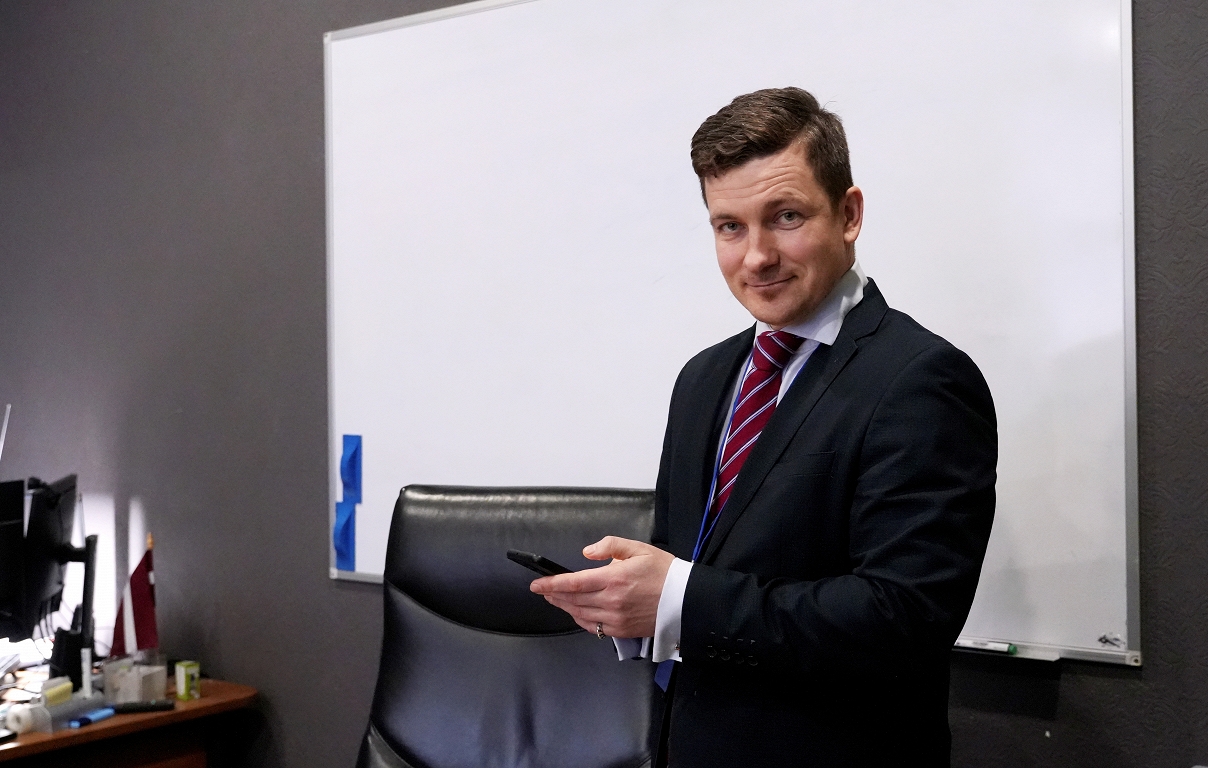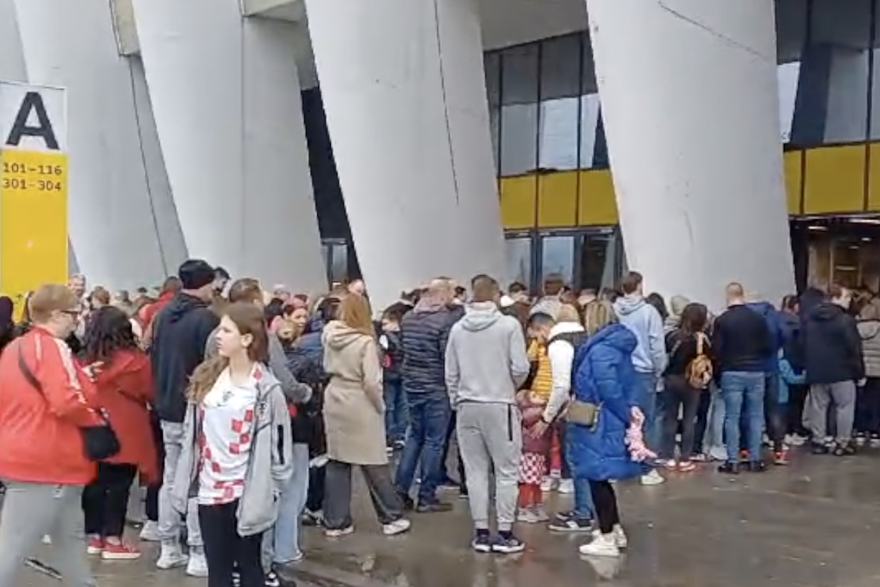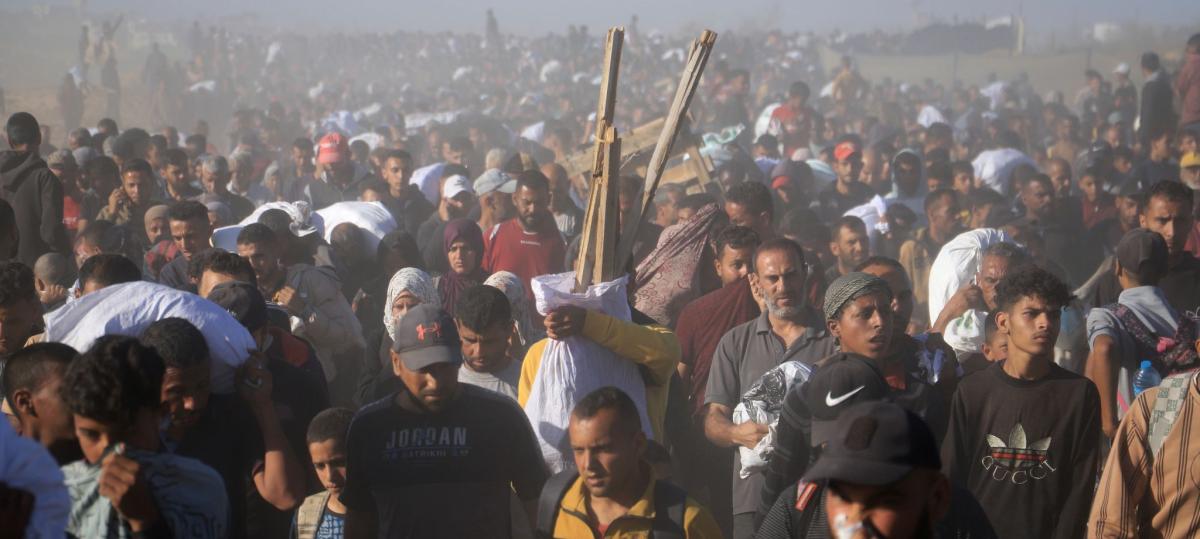Pope’s legacy and heirs / day
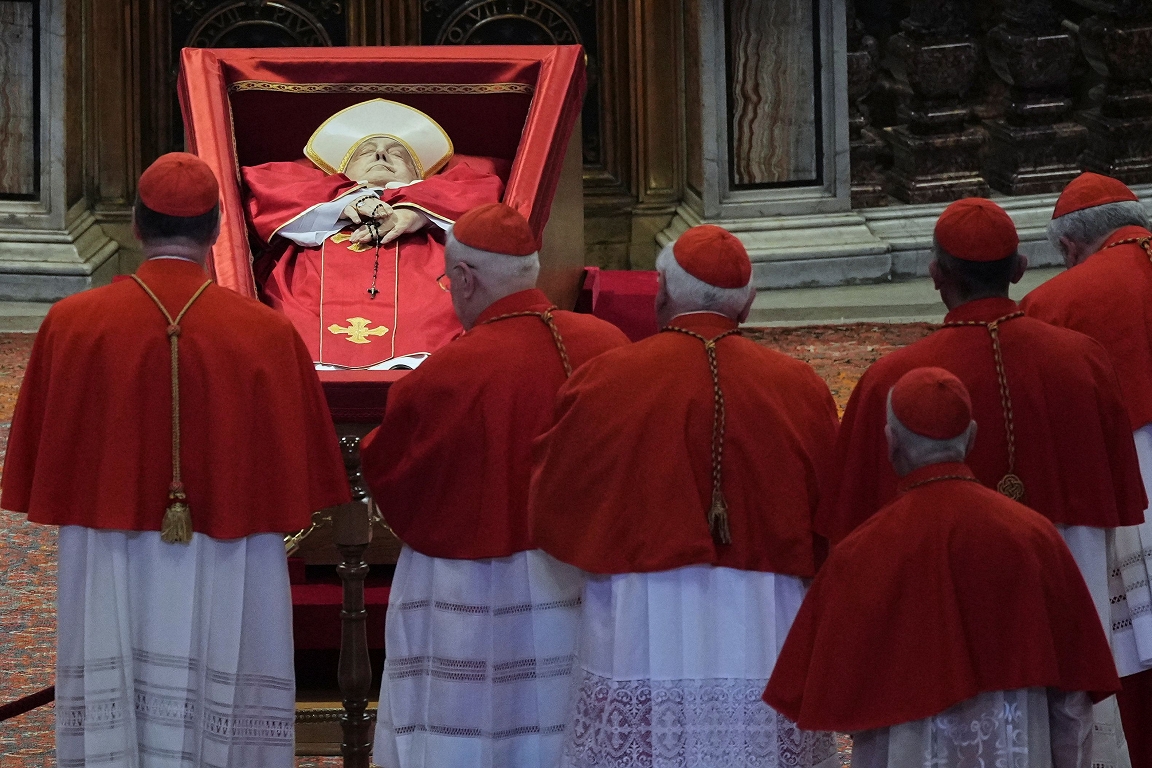
Although there are currently various assessments of the deceased Pope Francis, it is safe to say that all of these views are premature. Most often, the emphasis is that this Pope has begun to talk openly about the problems of the Catholic Church and the Catholic world, but has avoided making specific decisions by issuing orders or encyclics. It is also mentioned that he came up with statements and suggestions, which are very different and not really satisfied. However, it is certainly possible to say that Pope Francis is a personality whose real importance and role will only be assessed after decades or even later.
The Pope of the Third Road
Francis became the Pope at a time when the Catholic Church was in a deep crisis and possibly even a threat of split – in the relative liberal and conservative part. Passions such as secular media issues about the position of the church against gays, divorced spouses, women’s ordination or celibacy were and are only the visible part of the iceberg. Meanwhile, the main problem, from the point of view of the church itself, is a reduction in the number of Catholics, not only because there are fewer and fewer believers in the West. In many cases, conservatively -minded believers leave the Catholic Church, switching to Orthodoxy or (especially in the US) in the so -called true Catholic (church that is constantly sticking to the original Catholicism, including the Pope’s power), while liberally believers go to various Protestant churches.
In the public sphere, most of the possible solutions to this problem are discussed, either to liberalize everything that can be liberalized or to stick to traditional order, including restoring the presence of the church everyday. However, in both cases, it does not resolve the situation, but essentially only worsens, as one of these paths is categorically unacceptable to a remarkable part of believers.
In order to deal with this dilemma, the Vatican obviously divorced the third, not so visible and undoubtedly much longer way – combining the start of the discussion on the painful issues and the search for a compromise with a kind of missionary work to achieve a gradual return of the church to believers’ daily lives. In both cases, this is a long process for decades, but the Catholic Church has long been used to thinking in the long run.
Just as a clergyman capable of sorting out the foundations of this third road, the Pope was obviously elected former Jesuite (read – missionary) and, lesser known, the follower of the so -called Revival Church of Latin America, Horhe Mario Bergoljo, who accepted Francis after his election. This theology requires the church to take care and first of all the poor (including the poor) and oppressed, because the rich will be able to take care of themselves (and save their soul) unless they want it. In addition, this type of concern will, at the same time, build the authority of the church and lead to the return of people to it and the increasing number of believers in their daily lives. Of course, this is an extremely simplified explanation, but basically allows the position of Pope Francis on many issues.
Read the entire article in the magazine Saturday April 25 – May 8th! The contents of the magazine in both printed and digital format can be subscribed to our new website Here!

